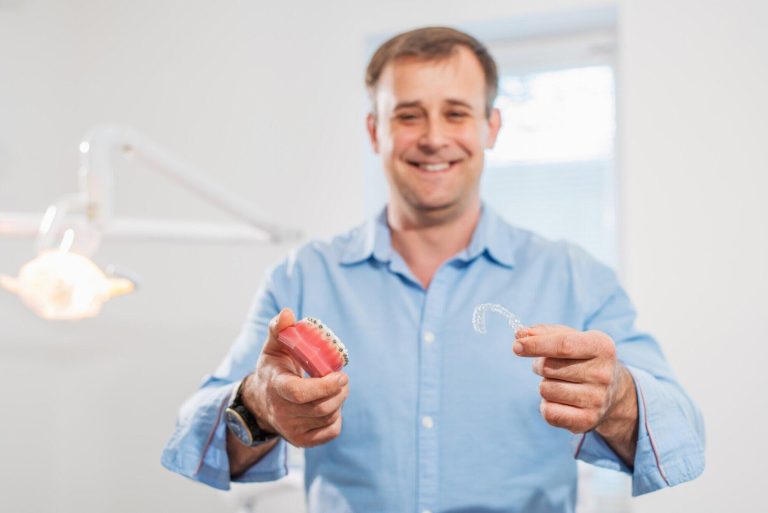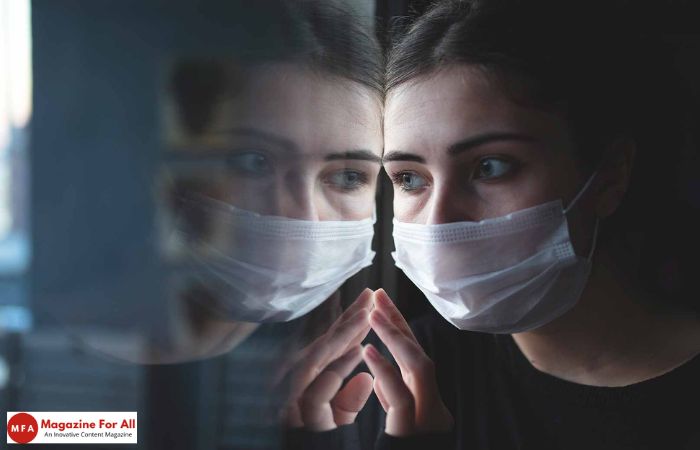Changes in COVID-19 have produced milder symptoms than in the first waves of the coronavirus pandemic, particularly in people who are vaccinated. However, even in mild cases, some symptoms can linger or even develop after initial recovery.
If you have recovered from COVID-19 but still do not feel your best, take heart. You can take steps, such as working with a physical therapist near me, to adjust to life after COVID-19 and get the most out of every moment.
Table of Contents
Common Effects That Linger After COVID Has Passed Through
In addition to respiratory problems, COVID-19 can cause other health complications. Some symptoms may linger for months or develop after initial recovery. They include:
- Fever
- Shortness of breath or breathing difficulties
- Fatigue
- Worsening symptoms after physical or mental exertion
- Brain fog
Research into COVID-19 seems to suggest that people who have recovered from COVID-19 may experience a health issue secondary to COVID-19 from one month to one year after initial recovery.
Some people may even develop serious disorders, including:
- Heart disease
- Diabetes
- Kidney disorders
- Neurological conditions
Pain is another possible condition that may result from a case of COVID-19. If you are experiencing ongoing discomfort, you might find relief from physical therapy near me.
What You Can Do To Adjust Properly
Recovering from COVID-19 is not as simple as recovering from flu or colds. Scientists are still studying the effects of this complex disease on the human body. However, there are things you can do to help yourself adjust to life after COVID-19.
- Pay attention to your body. If you develop new and unusual symptoms, including persistent headaches, dizziness, weakness, muscle pain, or fatigue, call your doctor.
- Seek help from professionals such as physical therapists, psychiatrists, speech therapists, and counselors, if needed.
- Be patient and hopeful. Nobody knows the exact long-term effects or recovery pattern of COVID-19. Do everything you can to help yourself and, if outside support is needed, cooperate with those professionals.
- Talk to your doctor about staying current with the latest COVID-19 boosters. Even after you recover from the disease, you may benefit from vaccination.
Another thing that might help you recover is joining a support group for those who have had COVID-19. Talking about symptoms and challenges after COVID-19 with people who are facing similar difficulties can help by providing support as well as other resources.
Choosing To Help Others
After recovering from COVID-19, you may find that serving others enhances your health. Even if you are dealing with the long-term effects of COVID-19, there are many ways to serve, Serving has important benefits, including:
- Enhanced connection to others
- Improved mood and increased levels of happiness
- Reduced symptoms
- Lower blood pressure
- Higher feelings of satisfaction and purpose
Volunteering is an excellent way to help other people, but you may also choose a new career path by exploring physical therapy jobs near me.
Scientists are still learning about COVID-19 and its effects, but you can take charge of your situation now. By taking certain steps and paying attention to your body, you can make the most of your life. You may even choose to use your experience to serve others, which, in turn, helps you.
































































